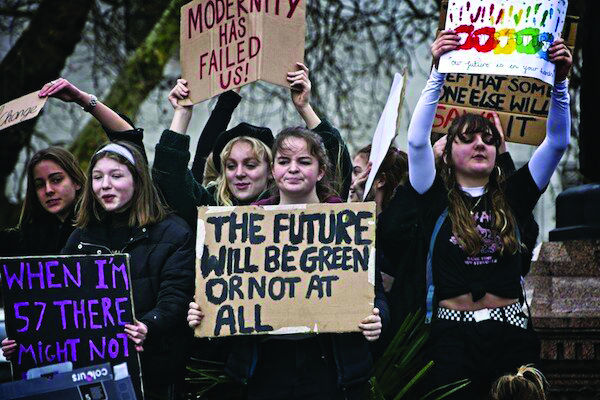Saudi Arabian capital punishment on rise
April 26, 2022
While most of the world seems to be disposing of capital punishment, Saudi Arabia continues to utilize this form of justice to, supposedly, preserve order and clearly incite fear in the people of the nation. According to the Death Penalty Information center, and various studies, Saudi Arabia has continuously maintained a ranking within the top 10 nations with the highest use of capital punishment. While the severity of the crime committed varies, the number of those killed has consistently increased over the years. The government administered a mass execution in which 81 of the 92 killed in 2022 were sentenced to their deaths on the same exact day. In March of 2022, the Saudi Arabian administration authorized the mass executions of those 81 men, composed of both Saudi and non-Saudi citizens. The criminals had a wide variety of offenses including “terrorism”, and related crimes like “disrupting the social fabric and national cohesion”, and the participation in peaceful protests and demonstrations. While some nations who use capital punishment try to shield the killings and statistics, Saudi Arabia has been extremely persistent on vocalizing and demonstrating their executions and its specificities. Directly after executing these men, the Saudi Ministry of Interior, a government body responsible for national security, announced the criminals, their specific crimes, and the punishments that they each received. Not only has the administration permitted and announced the execution of criminals, but they also punish anyone who challenges their forum, such as Jamal Khashoggi. He was a respected Saudi journalist who was invited to the consulate building on the pretext of retrieving documents for his upcoming wedding. He was attacked, strangled, and dismembered by a group of 15 Saudi assassins, sent to kill him in order to remove a prominent critic of the Saudi government. The administration has been quick to eliminate any ‘threat’ to the nation, despite a victim’s status or alleged crime.
Why is the Saudi government shameless and insistent on broadcasting the punishments they invoke on criminals who break their social construct and laws? The root of this complex question is fear. This idea is not singular to Saudi Arabia, rather it is applicable to every regime and nation in history. Fear, whether clear or hidden in laws, has been society’s way of ensuring order within their community. Overtime, many nations have adopted fear into less violent oriented methods but the death penalty is one of the most common, physical fear tactics that select nations still use. While new groups and places have been gaining freedom over time, the stricter regimes have made great efforts to try to limit any change from its staple routine. When Dr. Aviral Pathak, the AP US & Comparative Government teacher at LFA, was asked to share his thoughts on the continuation of this practice, he states “Regimes, especially autocratic ones, like to make their punishments known to maintain full compliance. They need to root out corruption and they believe that killing it is the only way to achieve that.” The administartion has an immense moral paradox and inheritant pleasure around capital punishment. The pride that Saudi Arabia, and other nations who utilize this punishment, takes in their executions is horrifying on a multitude of levels. The administration’s disregard for human life and their own constitution further demonstrates the complete corruption of the Saudi Arabian regime. The continuation and unwavering increase in the use of capital punishment in Saudi Arabia, and other nations like it, demonstrates the innate misconduct and leadership faults around the world.








